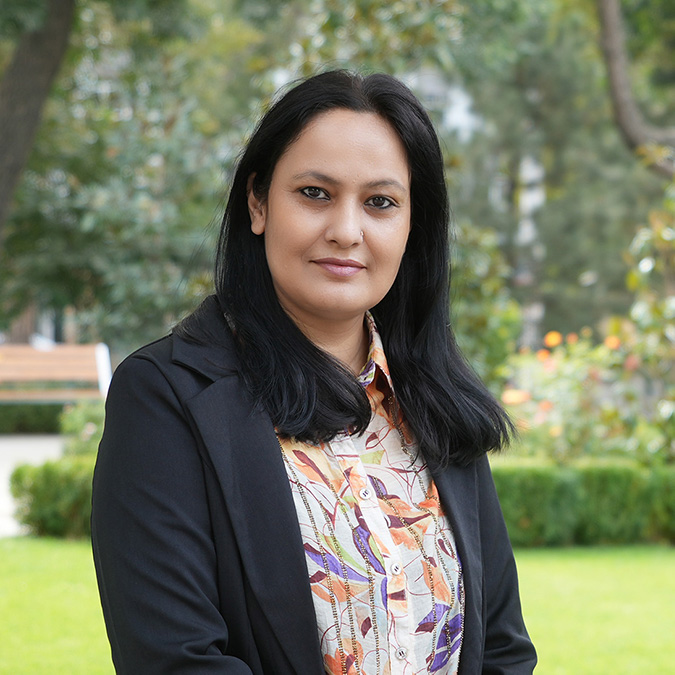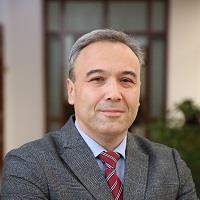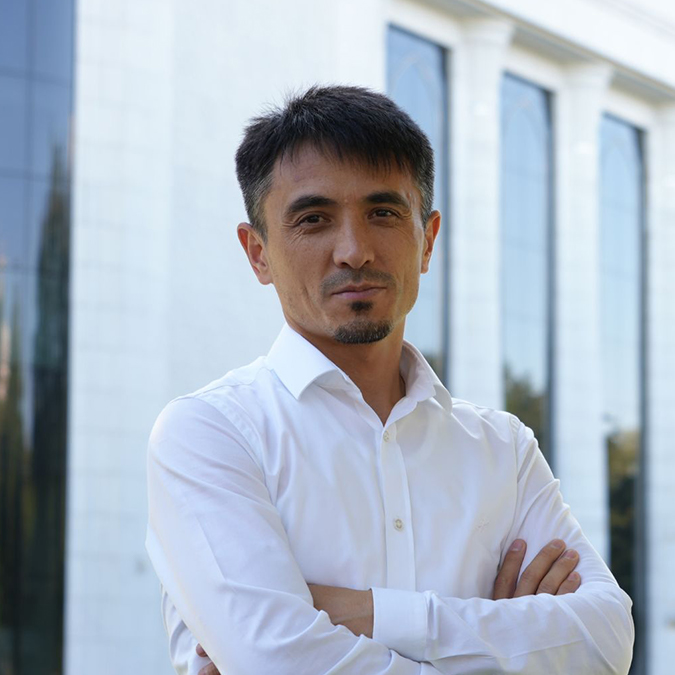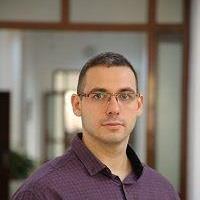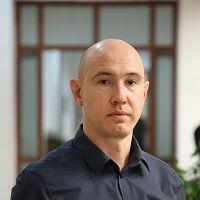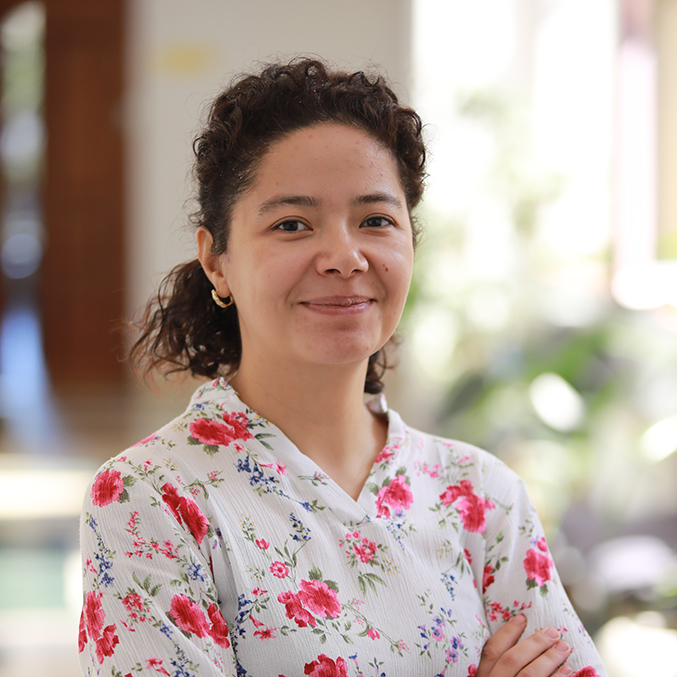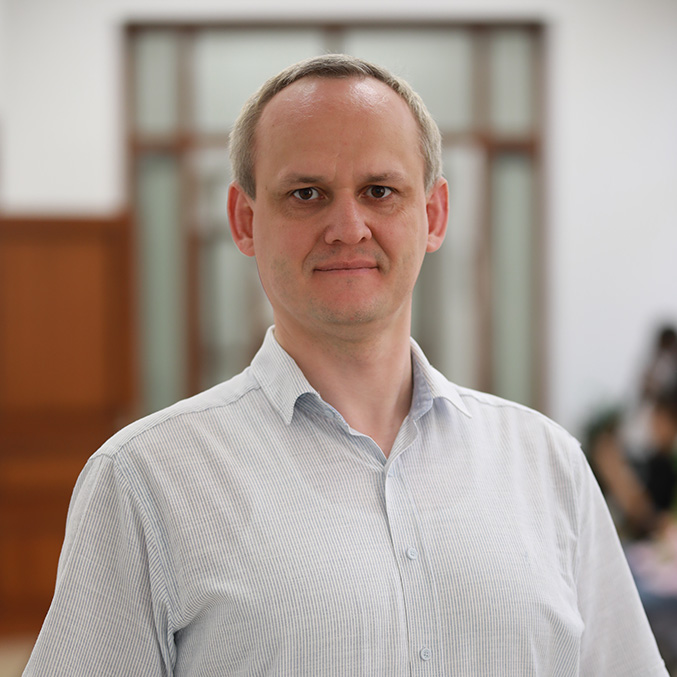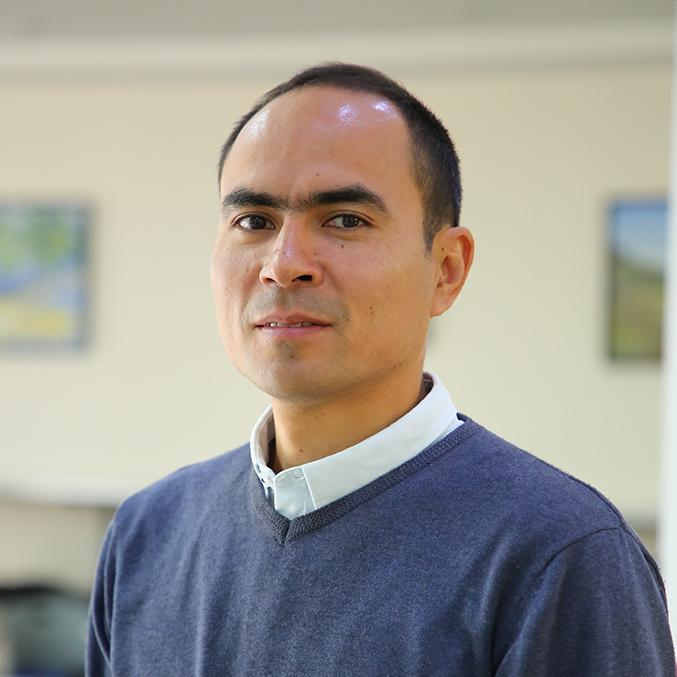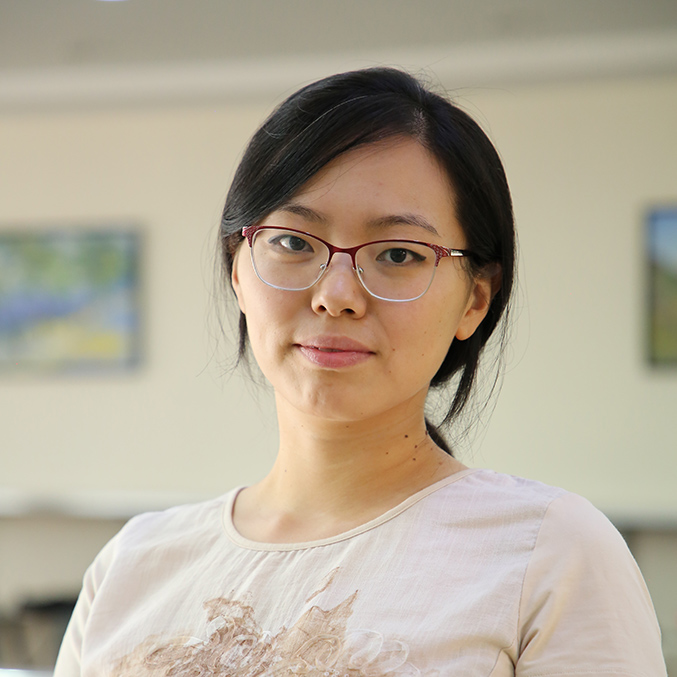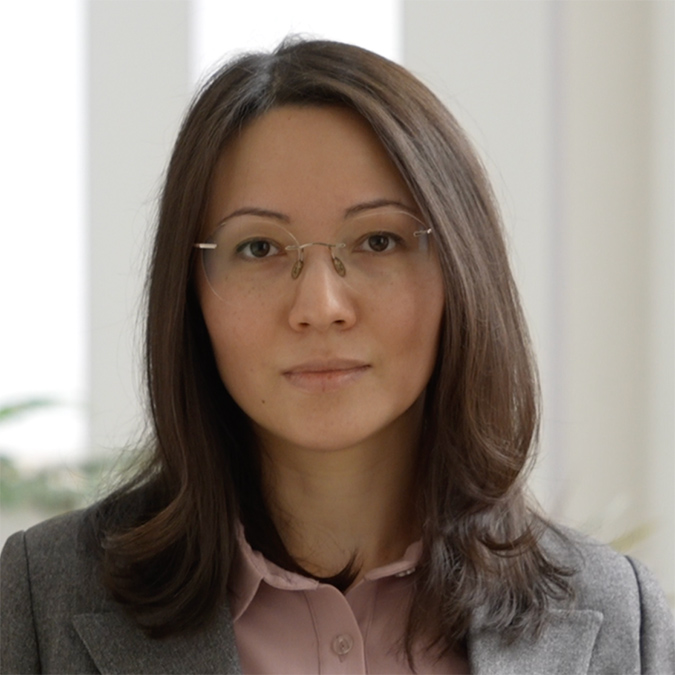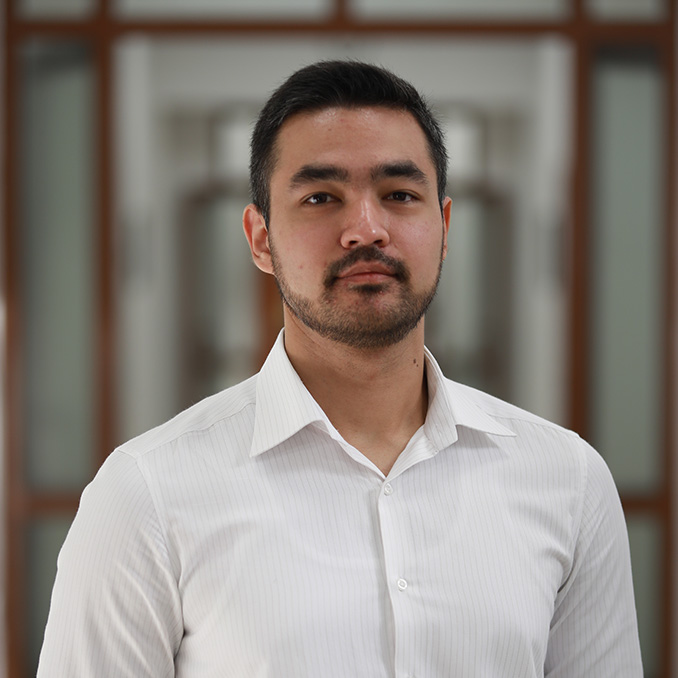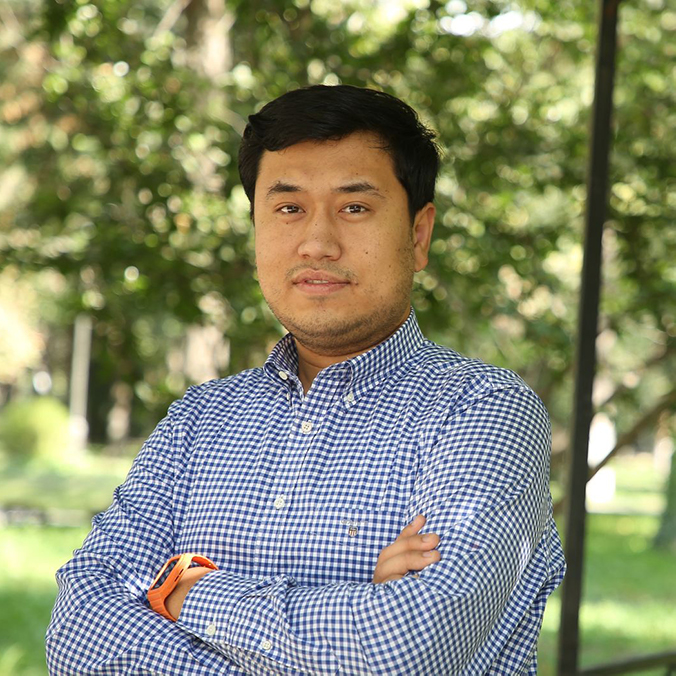BSc (Hons) in
Computer Science
The course aims to equip students with a comprehensive understanding of the fundamental principles and practical applications of computing technology.
School of Law, Technology and Education
COURSE OVERVIEW
The BSc in Computer Science course aims to equip students with a comprehensive understanding of the fundamental principles and practical applications of computing technology. The curriculum covers a broad range of topics including programming, data structures, algorithms, operating systems, software engineering, databases and cybersecurity.
This course prepares graduates with a solid foundation in computer science while they can develop practical specialisations that prepare them for multiple careers in the fast-evolving digital environment today. Whether your interest is in artificial intelligence, data analytics, software engineering, or information security, you will be ready with the appropriate skills, assurance, and mindset that is needed in the technology industry.
At the heart of this learning experience is the intention to create independent thinkers and lifelong learners. You will acquire the skills to analyse intricate issues, think critically, and communicate your concepts with expressiveness and assurance. By way of experiential learning and professional interaction, you will be well-prepared on graduation to adhere to the highest professional and ethical requirements found in contemporary work environments.
Apart from immediate employment, this course also prepares you for continued academic growth. Many of our graduates go on to pursue Master’s or PhD studies in areas such as Business Intelligence, Computer Engineering, Mechatronics, Information Security, Artificial Intelligence, Data Mining, and Machine Learning.
WHAT YOU NEED TO KNOW
Award Title
Bachelor of Science (Hons)
Start Date
September (each academic year)
Duration
3 years (full time)
Tuition Fees
Domestic - 36,292,800 UZS /per year
International - 54,600,000 UZS /per year
HOW YOU WILL STUDY
The learning in your course will not take place only in the class. Your learning will use various methods, each supporting the others:
Lectures will give you access to expertise and present you with the knowledge you need in your subject.
Practical tutorial or laboratory sessions will allow you to understand, apply and strengthen your skills under the guidance of a tutor.
Independent study time will let you take more control of your own learning and give you the framework that will help you to keep on learning without supervision.
Personal development will allow you to complement your knowledge with the specific specialized skills that meet your individual needs.
Real-life projects or case studies, normally provided by an organization, will give you the opportunity to engage with employers and use your knowledge and skills to solve a real-life or a business-related problem.
- Year 1 (Level 4): 80 core credits + 40 credits of optional/elective modules. You will develop the key core skills for Computer Science complemented with the foundations of your specific course or cognate area.
- Year 2 (Level 5): 60 core credits + 60 credits of optional modules. You will develop detailed knowledge in Computer Science and will be able to deal with more areas by yourself and in teams, reflecting on your own strengths and identifying areas to specialise in.
- Final Year (Level 6): 60 core credits + 60 optional credits. This is the level that completes your preparation for going into industry and further study, with an ability to handle the complexity of large-scale systems and environments and with full control of your further development needs.
COURSE STRUCTURE
Please note: Not all option modules will necessarily be offered in any one year. In addition, timetabling and limited spaces may mean you cannot do your first choice of modules.
WHY CHOOSE COMPUTER SCIENCE AT WIUT?
Cutting-edge curriculum – study the foundations of programming, algorithms, data structures, operating systems, and software engineering, while also exploring emerging fields such as artificial intelligence, machine learning, cloud computing, and cybersecurity.
Research-led teaching – learn from research-active faculty and international experts who combine academic excellence with practical industry experience.
Hands-on practical learning – gain real experience through labs, real-world projects, and case studies. You’ll work on authentic datasets, develop full-stack web applications, explore IoT and cyber security, and complete a major CS project aligned with industry practice.
Career - ready skills – graduate with a mix of technical expertise, analytical thinking, and professional communication skills. Our graduates are equipped for roles such as software developer, data analyst, cybersecurity specialist, AI engineer, or system architect — both in Uzbekistan and internationally.
Global and sustainable mindset – the course is designed around the UN Sustainable Development Goals (SDGs), integrating principles of ethical technology use, responsible innovation, and digital sustainability.
Professional growth and opportunities – benefit from the WIUT Career Development Centre, internships, networking events, and mentoring by professionals.

EXTERNAL ENGAGEMENT
The course integrates external engagement opportunities that connect students directly with industry, helping them apply knowledge in real-world contexts and build professional networks. Our students benefit from:
Guest lectures from leading professionals in business, technology, and management.
Professional Practice Placement module, offering short industry placements to gain hands-on experience.
Field trips to innovative companies and organisations, exploring how information systems drive business success.
Authentic assessments based on real company cases, live business challenges, and actual datasets.
Industry feedback events including poster presentations, game pitches, viva voce exams, and project showcases with invited specialists.
ASSESSMENT METHODS
You will undertake a wide variety of assessment tasks as you progress through your degree course. Their nature will vary according to your level and the nature of the task. Some, such as group work, will help you to develop practical skills alongside the more specific skills that are being assessed. You will write essays and research reports and learn to write in a style suitable to a piece of academic work, and to make proper use of references and bibliographies.
Other forms of assessment will include practical exercises ranging from small tasks that might be completed in a tutorial, to something more complex like designing and writing a larger computer programme or solving a specific problem using, for example, IoT devices and developing a corresponding software solution. There will be some formal examinations.
Many assessments will be based on real-life scenarios typically found in computer science domain. This might include client requirement elicitation, extracting hardware and software requirements from given business requirements, then designing and implementing a solution.
ENTRY REQUIREMENTS
We are committed to delivering a professional, fair, and transparent admissions process that ensures equal opportunity for all applicants. Our aim is to connect students with courses that align with their goals and their ability to meet academic and professional standards. Find out more Admissions policy and Terms and conditions.
-
Applicants should satisfy at a minimum one of the following requirements:
- Successful completion of an appropriate International Foundation course; or
- Successful completion of the first year of an appropriate degree course in a recognised Uzbek or similar university; or
- Two GCE A level passes (only subjects directly relevant to the field of study applied for. The University reserves the right to assess the suitability of subjects presented and to determine their alignment with programme entry requirements), plus three GCSE passes at grade C or above including English Language and Mathematics; or NC/ND or HNC/HND. The range of academic disciplines studied is not hereby restricted, but certain vocational courses such as City and Guilds would not satisfy the admissions requirements; or
- An Advanced General National Vocational Qualification (GNVQ); or
- Any other equivalent qualification normally accepted as entry requirement (e.g. International Baccalaureate, etc.).
-
Applicants must have:
- Completed their secondary education in English and achieved Grade C or above in the equivalent GCSE English exam; or
- IELTS score of 6.5 with a minimum of 6.0 in the writing component; or
- Successfully completed an appropriate International Foundation course with a "pass" in an Academic English module.
We accept the TOEFL (IBT (In person test) for entry to our programmes. We also accept TOEFL ‘My Best Scores’ where it relates to TOEFL iBT test results.
Please note that the TOEFL Home Edition (Online test) is not accepted for entry to WIUT degree programmes.
- TOEFL should be 85 overall with a minimum of 22 in Writing
-
Age requirements
Applicants will have to be 18 years of age at the start of the academic year. For the purposes of this regulation, the academic year runs from 1st October to 30th September of the following year.
Applications are normally processed based on the documentation submitted on the WIUT admissions system. The University reserves the right to introduce other admission processes such as an interview.
-
Applicants must have an acceptable level of competence in Mathematics. This could be demonstrated by one of the following:
- A "pass" in a maths test approved by the University of Westminster (UK); or
- Grade C or above in GCSE/’O’ Level Mathematics (or its equivalent); or
- SAT mathematics component 570; or
- Successful completion of an appropriate International Foundation course with "pass" in Quantitative Methods module.
GLOBAL OPPORTUNITIES: EXCHANGE PROGRAMME IN POLAND
The BSc (Hons) in Computer Science degree at WIUT offers students the opportunity to study abroad through the Student Exchange Programme. Computer Science students may spend a semester at the University of Gdańsk in Poland, a leading institution recognised for its expertise in computer science, research, and innovation.
This international experience allows students to enhance their academic knowledge, gain cross-cultural skills, and expand their professional networks. Credits earned abroad are fully recognised at WIUT, ensuring a seamless continuation of studies while working toward a globally respected UK degree. Find out more at Student exchange programme.

OUR GRADUATES WORK AT











CAREERS
Graduates of the Computer Science programme enter dynamic and high-demand sectors such as software engineering, artificial intelligence, data analytics, cybersecurity, and cloud computing — both in Uzbekistan and across the globe.
Career paths include:
Software Developer, Full-Stack Engineer, or Systems Architect
Data Analyst, AI/ML Engineer, or Cybersecurity Specialist
Network Administrator, Cloud Computing Engineer, or IoT Developer
Technical Project Manager, Product/Startup Founder, or Researcher in Emerging Technologies
The course also provides a strong foundation for postgraduate study in fields such as Artificial Intelligence, Information Security, Data Science, Computer Engineering, or Machine Learning.

COURSE LEADER
Nargiza Akramova joined WIUT in 2016 and has since worked as a Research Assistant, Associate Lecturer, and Lecturer in Computing.
Education: She earned her BSc in Business Information Systems from WIUT in 2016, followed by an MSc in Cyber Security with Distinction from Northumbria University, London, in 2019. Currently, she is pursuing a PhD in Computer Science at the University of Westminster in London.
TAUGHT BY TEAM OF EXPERTS
TAKE THE NEXT STEP
Are you considering Westminster International University in Tashkent but unsure where to begin?
Our admissions counsellors are available to assist you. Have all your queries addressed to make an informed decision about your future.
RELATED PROGRAMMES
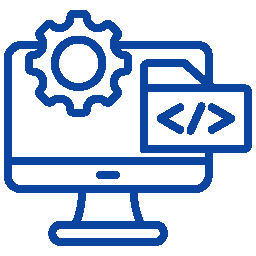
MSc in
Business Intelligence and Analytics
Master data science and analytics tools. Support smart business decision‑making.
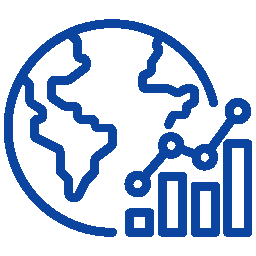
MA in
International Business Management (with 3 pathways)
Study entrepreneurship, tourism or innovation. Prepare for leadership in business.
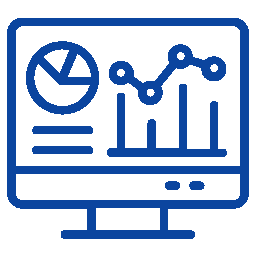
BSc (Hons) in
Business Information Systems
Learn to bridge business and technology with skills in systems, data and IT strategy.



